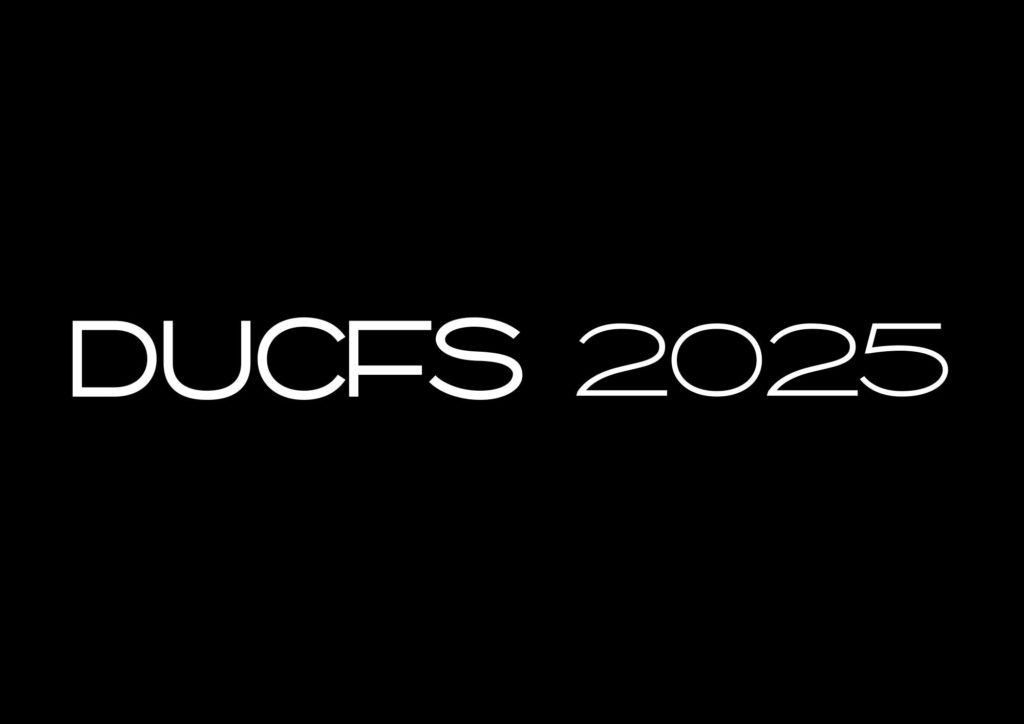For those who may not have heard of Teenage Cancer Trust before, what does the charity do?
Every day, seven young people hear the words “you have cancer”. They will each need specialised nursing care and support to get them through it. We’re the only UK charity dedicated to meeting this vital need – so no young person faces cancer alone.
As the only UK charity dedicated to cancer patients aged 13-24 years old, we know that having cancer at a young age comes with its own particular set of challenges. Our services put the needs of young people first and allow them to face those challenges together.
What services do Teenage Cancer Trust provide to young people with cancer?
Our 28 specialist cancer units within NHS hospitals bring young people together, to be treated by teenage cancer experts in a place designed just for them. We know that being treated by teenage cancer specialists with other young people makes a world of difference, and provides comfort for young people who are facing the challenges of cancer. We want every young person with cancer to have access to this specialist support, no matter where they live.
We’re also proud to fund specialist nurses, youth support coordinators and multi-disciplinary team (MDT) coordinators who are experts in teenage and young adult cancer. They work within our units and also across other hospitals and in the community.
Our staff make a world of difference to the lives of young people with cancer, providing the best possible clinical care, support and advice. They have a wealth of experience in responding to the unique needs of teenagers and young adults. In partnership with the NHS, Teenage Cancer Trust either fully or partly funds or “adopts” these posts, depending on the needs of the local area.
Tell us a bit about how Teenage Cancer Trust works on a regional level?
As well as the unit we fund at The Great North Children’s Hospital for 13-18 year olds, Teenage Cancer Trust have been working closely with smaller designated hospitals in the North East region for young people who live further away from the units and want to be treated closer to home in an environment designed for their age-group: at Sunderland Royal Hospital we provided funding and support to develop a single en-suite room, and at the James Cook Hospital we have funded the design work of 3 en-suite rooms and a recreational areas for teenagers and young adults with cancer.
As part of our partnership with Teenage Cancer Trust this year, DUCFS will be funding the Lead Nurse at the Freeman Hospital in Newcastle – Can you tell us about the work of the Teenage Cancer Trust team at the Freeman?
The Ward 34, Teenage Cancer Trust Unit at The Freeman Hospital in Newcastle was opened in January 2012, with 8 in-patient beds.Teenage Cancer Trust fund 3 expert staff here: lead Nurse, Clinical Nurse Specialist, and Youth Support Coordinator.
They ensure the best possible quality care is given so that the young person is treated as a young person first and cancer patient second.
What role does the Lead Nurse play at the Freeman?
Karen, our Lead Nurse’s job is to ensure that young people with cancer from across the North East have access to age appropriate support and facilities. She is based at the Freeman Hospital in Newcastle but works across the North East and North Cumbria, including Durham. She is helping to improve services for young people across the North East by supporting service improvement and building links with colleagues across the region.
What is your #NotOK campaign and why is it so important to Teenage Cancer Trust?
The aim of the campaign is for UK Governments to understand that the issues young people are facing when accessing psychological support across the UK are Not OK, and commit to ensuring these issues will not continue. Right now, many young people are facing cancer without the mental health support they need. Facing cancer when you’re young can devastate your mental health. You’re already going through major physical and emotional changes and suddenly, your whole world changes and everything is uncertain. Your family aren’t always sure how to help. Your friends don’t truly understand. And cancer treatment can be incredibly tough, physically and mentally, with lasting side effects.
It’s a complex set of challenges, and young people facing it need specialist psychological support – specific to cancer and specific to their age group. Right now, that support isn’t always available.
Our nurses and Youth Support Coordinators do amazing work every day to support young people emotionally. But for many young people struggling with mental health issues during cancer, accessing a specialist psychologist is vital.
The coronavirus pandemic has made the situation even worse, with many young people feeling more isolated and anxious than ever before, so the #NotOK campaign is calling on the UK Governments to make sure every young person with cancer can access psychological support wherever they live.
Can you tell us a bit about your #PeopleFirstPatientsSecond and what it means for the young people in treatment?
We believe young people’s lives shouldn’t stop because they have cancer, but that they should be treated as young people first, cancer patients second. A cancer diagnosis at this age brings unique social challenges. Just as young people are starting to gain independence, cancer disrupts their education and work, and can leave them feeling isolated and left behind as their peers move on with their lives. Cancer causes acute isolation in teenagers who struggle to stay in touch with their peer group during their treatment. Social isolation and changes in physical appearance can lead to significant loss in confidence, which makes depression and anxiety common in this group. Research has shown that 8 in 10 young people with cancer found the mental health impact of a diagnosis as difficult as the physical side. Often dealing with rare and aggressive cancers, young people can feel rushed into making decisions that they aren’t ready for. The life-changing effects of the treatments can be as devastating as the diagnosis, such as chronic fatigue or infertility.
DUCFS are proud to support Teenage Cancer Trust in 2022. To find out more about their work, visit https://www.teenagecancertrust.org/ , and keep an eye out for our next THREAD feature, in which Callum, a Durham alumni of 2017, shares his story of cancer, and the support he received from Teenage Cancer Trust.

